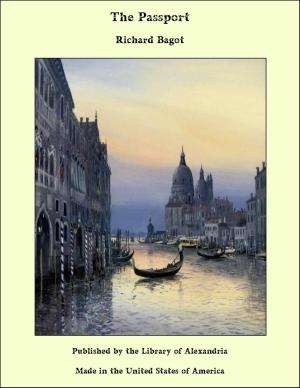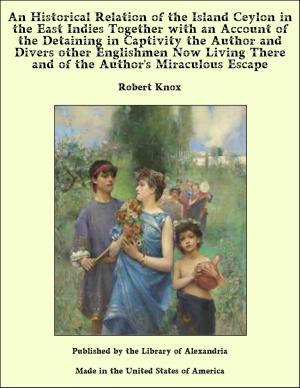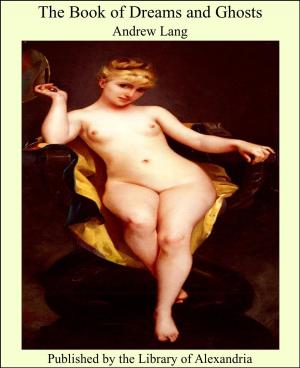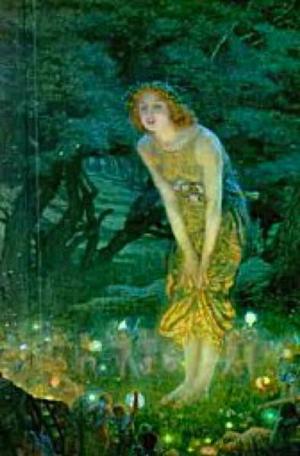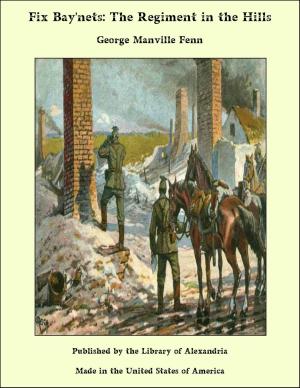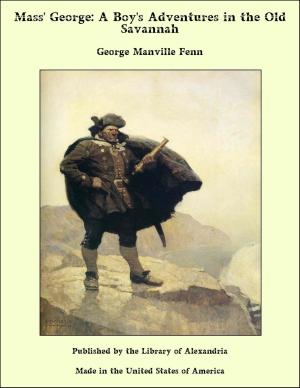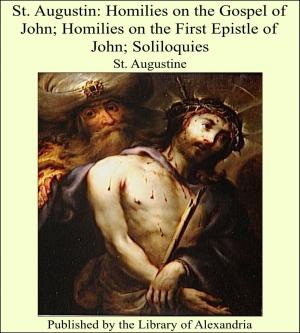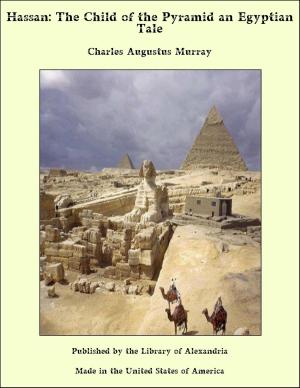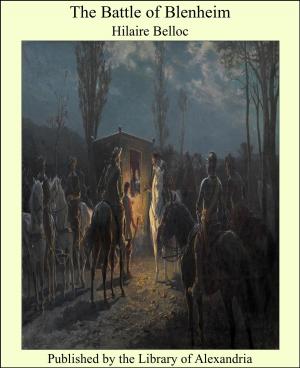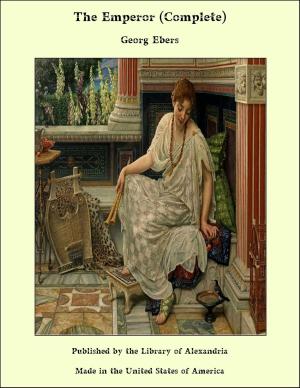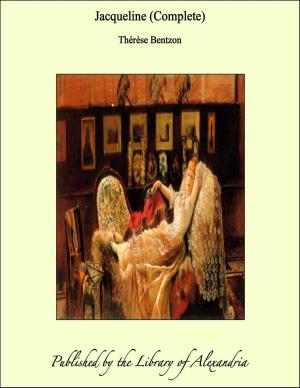| Author: | Charles Paul de Kock | ISBN: | 9781465546937 |
| Publisher: | Library of Alexandria | Publication: | March 8, 2015 |
| Imprint: | Language: | English |
| Author: | Charles Paul de Kock |
| ISBN: | 9781465546937 |
| Publisher: | Library of Alexandria |
| Publication: | March 8, 2015 |
| Imprint: | |
| Language: | English |
The belief in witchcraft and the persecution of those supposed to practice it have been almost universal in human history. Christianity inherited both the belief and the persecution from the religions, Jewish and pagan, which preceded it. But, under the influence of its monotheistic faith and its humane spirit, it was long before the belief became throughout Christendom a panic and the persecution an epidemic. When, however, in the thirteenth century, the scholastic theology, in its love of logical completeness, gave new prominence to the Devil and his followers as the counterpart and parody of God and his church and when, in the fourteenth century, the Holy Inquisition, successful in rooting out the heretics, turned its idle hands to the extirpation of those viler sinners whom it believed plighted wholly to Satan, the terror grew. The witch-persecutions it engendered ravaged for centuries all Christian lands, and have not yet wholly died away. It is with these persecutions, from their rise into full activity in the fifteenth century to their culmination in the seventeenth, that the present study deals. It seeks to illustrate their source, their scope, and their methods. With the superstitions which suggested the charges it concerns itself little. Both in these and in the procedure there is much too foul or too brutal for reproduction here. It was, indeed, no small part of the evil of the matter, that it so long debauched the imagination of Christendom. I. THE THEORY OF WITCHPERSECUTION
The belief in witchcraft and the persecution of those supposed to practice it have been almost universal in human history. Christianity inherited both the belief and the persecution from the religions, Jewish and pagan, which preceded it. But, under the influence of its monotheistic faith and its humane spirit, it was long before the belief became throughout Christendom a panic and the persecution an epidemic. When, however, in the thirteenth century, the scholastic theology, in its love of logical completeness, gave new prominence to the Devil and his followers as the counterpart and parody of God and his church and when, in the fourteenth century, the Holy Inquisition, successful in rooting out the heretics, turned its idle hands to the extirpation of those viler sinners whom it believed plighted wholly to Satan, the terror grew. The witch-persecutions it engendered ravaged for centuries all Christian lands, and have not yet wholly died away. It is with these persecutions, from their rise into full activity in the fifteenth century to their culmination in the seventeenth, that the present study deals. It seeks to illustrate their source, their scope, and their methods. With the superstitions which suggested the charges it concerns itself little. Both in these and in the procedure there is much too foul or too brutal for reproduction here. It was, indeed, no small part of the evil of the matter, that it so long debauched the imagination of Christendom. I. THE THEORY OF WITCHPERSECUTION

